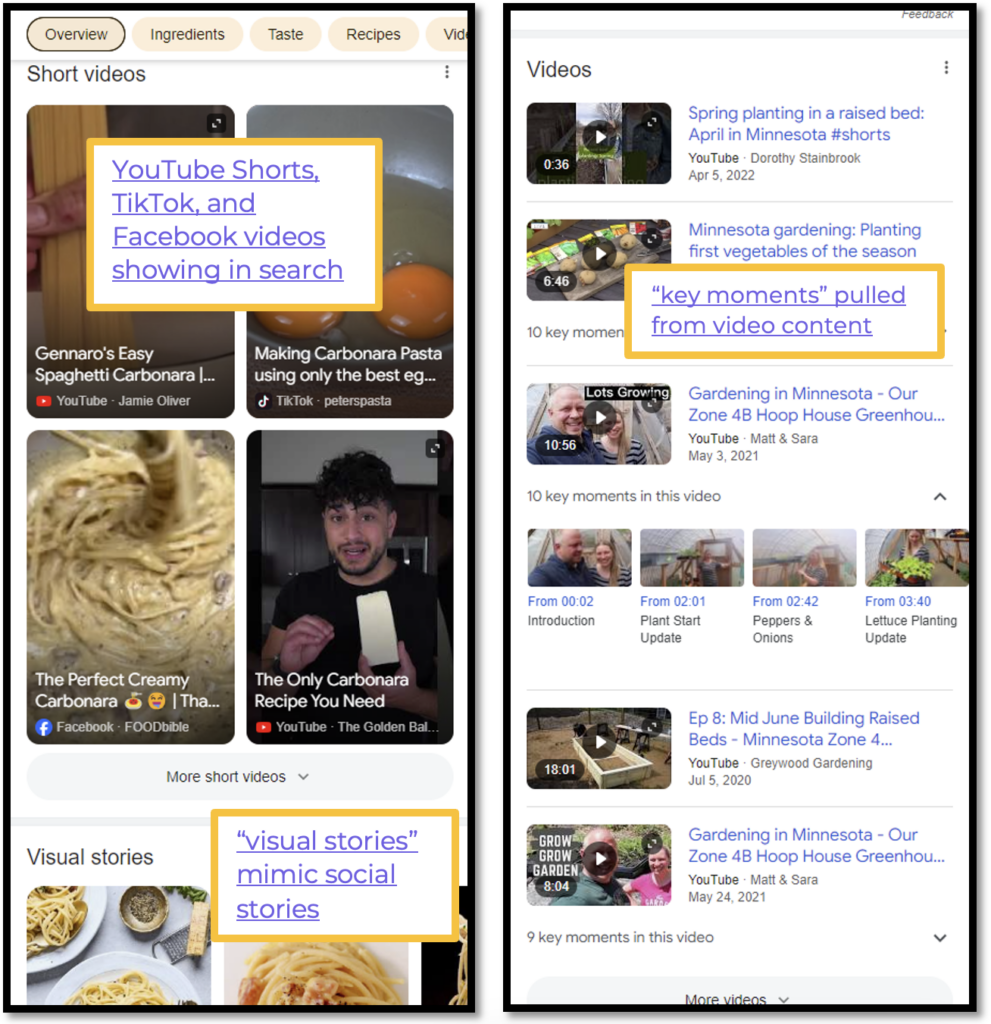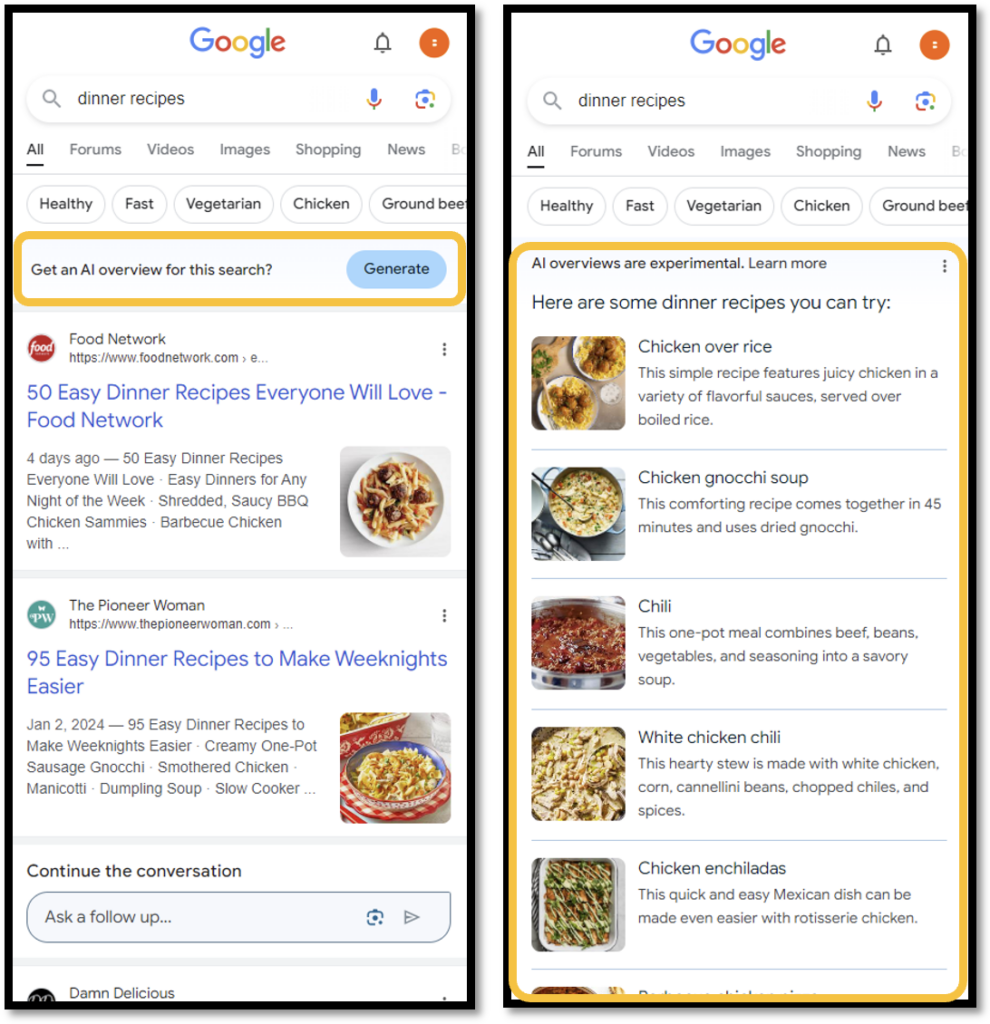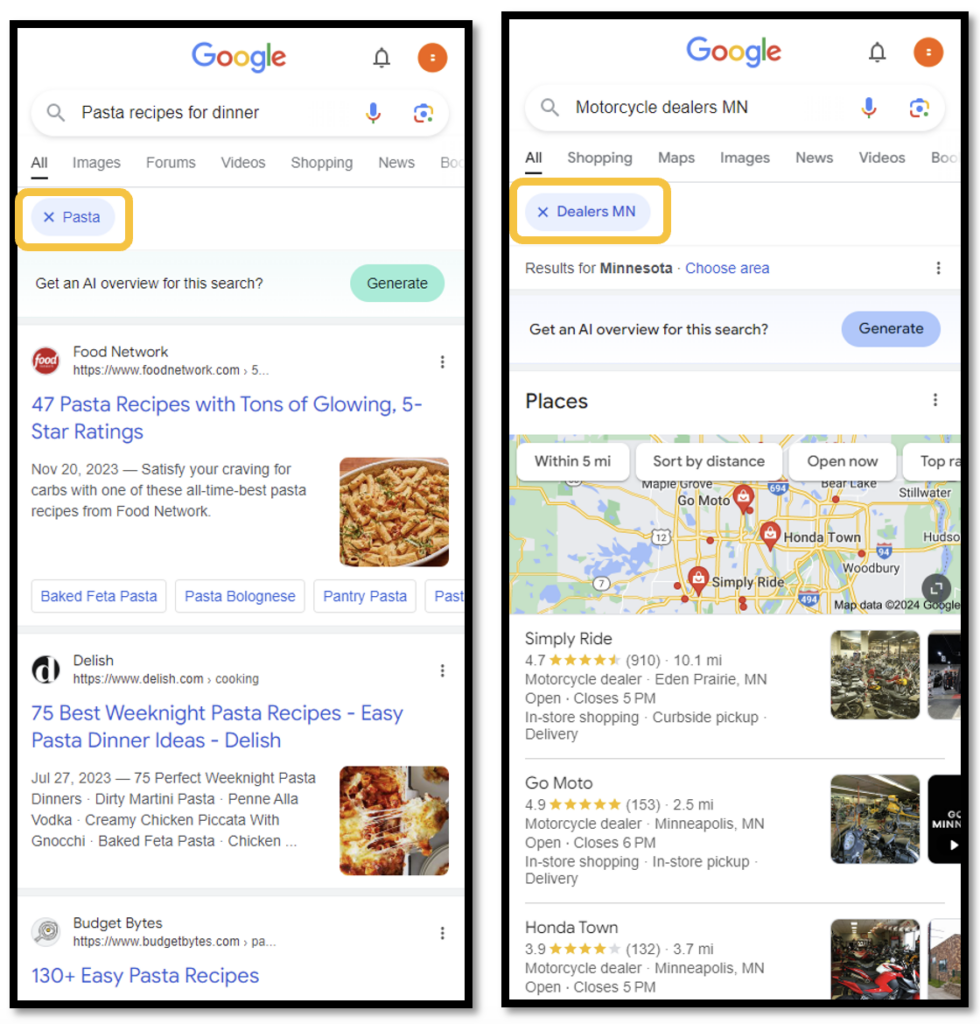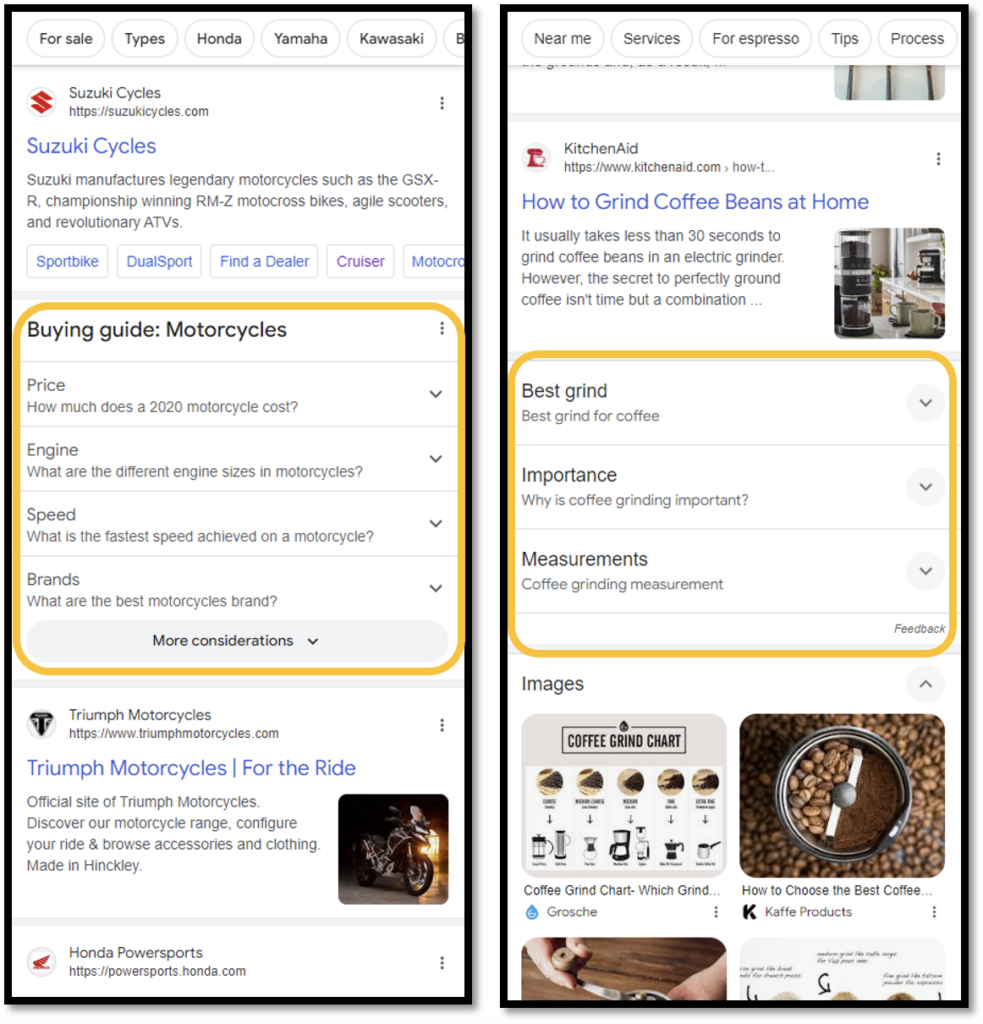Will ChatGPT finally be the platform to end Google’s reign?
It’s a question that’s been floating around since the rise of generative AI in late 2022—and it’s a fair one to ask. If the point of search is to find an answer to a question, what’s better: wading through pages of links, or getting an immediate and concise response? Those in the “traditional search engines are doomed” camp would have you believe it’s basically that simple.
As is usually the case with emerging tech, the reality is more nuanced and complex.
First, it’s not as if AI is some entirely new technology that’s caught Google off guard. The company has been using its RankBrain technology—a machine learning system used to process search results—since at least 2016. Whether users know it or not, AI has been shaping their experience with Google’s search engine for nearly a decade. What’s new—and therefore novel—is generative AI’s specific ability to produce “original” written responses.
But that leads us to our next point: generative AI hallucinations (a softer name for when tools like ChatGPT are just plain wrong) are still very much an issue. According to Nature—a leading science journal—one recent study into the accuracy of references in AI-generated medical articles found that “of 115 references that were generated, 47% were fabricated, 46% were authentic but inaccurate, and only 7% were authentic and accurate.” So while it’s true that generative AI might save you time in finding the answer you’re looking for, that answer won’t necessarily be correct.
And then there’s the sheer scale of Google’s cultural entrenchment, the factor that makes it most immune to a swift death at the hands of ChatGPT. Everyone uses Google’s search engine, from elementary schoolers to octogenarians. Google processes around 99,000 search queries every second, which results in roughly 8.5 billion daily searches. Meanwhile, ChatGPT purports to have only 100 million weekly active users. As many have pointed out, the tool came out of the gates strong—becoming the “fastest growing consumer application in history”—but its traffic has since dropped significantly.
So, will ChatGPT or a similar generative AI tool (Perplexity and Google’s own Gemini are getting a lot of hype lately) finally be what dethrones traditional search? It’s easy to confidently shout yes or no. We believe a more responsible answer is: maybe—but not anytime soon. Rather than getting caught up in the discourse, we advise our clients to stay closely attuned to the changing realities of search—whether they’re related to AI or not—and react holistically. In other words, focus on what’s already happening versus what might happen.
Making the most of search in 2024.
One of the most challenging issues brands are facing right now is the fact that Google has recently made the structure and appearance of results pages increasingly dynamic. While Google has always evolved its product, the latest changes feel noticeably substantial. Are they a response to fears of ChatGPT siphoning off users? Perhaps. Whatever the reason for them, they can’t be ignored.
Here are some of the latest trends we’ve noticed:
Optional “AI-powered overviews” of searches appear at the top of the page, forcing everything else down (okay, yeah, Google definitely doesn’t want to lose the gen AI race).
Category filters often appear at the top or sides of results pages—mimicking a more traditional ecommerce experience. However, clicking the filter takes you to a new search result page rather than actually filtering the results on the original page.
“Things to know,” “buying guides,” and other curated lists of suggested searches are all basically customized versions of “people also ask.” Appearing more frequently, these include a dynamic mix of FAQs and featured snippets.
New types of visual media, like short-form videos, are showing up in results as well.

The list goes on, but the broader point is this: Google is trying to be more things to more people—and that means SEO professionals’ old ways of doing things aren’t going to work as well as they used to. Brands have seen organic Google clicks decrease for core brand and non-brand keywords between 20% and 40% despite their rankings not changing. Some have attributed this drop to competition from generative AI, but that’s not primarily the case—it’s mostly because marketers need new optimization strategies.
For instance, if Google is going to display product results more like a shopping experience, you need to find ways to get your products to show up in new listing types—perhaps by answering consideration questions on product pages or improving how reviews are represented so they can be found more easily by Google. If video is becoming more important, re-engineering your blog content to optimize for such a format will serve you well.
And then, yes, there’s the AI factor: when you ask Google’s AI chat a question similar to a particular query, it will use content from the pages that rank highly for that keyword and integrate it into the chat, sometimes without attribution. This means there’s still tremendous value in earning top rankings—you might just need to alter the content of your pages. Ask yourself: if searchers aren’t being guided to your brand’s website, what other info do you need to ensure they have?
What should brands do about search changes in 2024?
For the foreseeable future, search will involve generative AI, but won’t be defined or replaced by it. The brands that see the biggest gains in the months to come will be those that have a crystal clear picture of who they’re trying to reach and a strategy that accounts for the latest priorities and limitations of Google to serve convincing content to those audiences. For many, that will mean identifying new keywords that are relevant to key user journeys and figuring out innovative ways to create best-in-class content.
If you have your target keywords identified, you’ll need to reassess the search layouts of each one because they have likely changed. Your team should look for new search features that you don’t have a presence in and develop strategies to improve the way you show up.
Brands have to be creative and ambitious to succeed in Google rankings today. To rank #1, you must create content that is substantial in quality and depth—with good UX too—to satisfy searchers and search engines. When done well you can have a page that includes 1,500 words of copy while also being scannable, fast loading, and persuasive to users so you can convert them on that site visit.
Easier said than done, we know. If this is something you could use help with, don’t hesitate to get in touch. Our SEO experts have done a thorough analysis of recent changes implemented by Google and are here to help your brand navigate their implications.





